Thanks to Measure 110, I now have hope for Oregon’s future
Written by Dori Sumstad

For years, I did everything people in law enforcement said I should do to help my son recover from addiction.
I tried “tough love.” I had Tristan arrested because I thought that was how he could get help, but all that did was create a criminal record that made his life harder. I attended his court dates. I urged his attorneys to advocate for treatment. Each time he was arrested I pleaded with police to send Tristan to treatment.
I will never forget that day when five Bend police officers stood in my living room to tell me that my baby was dead. I simply couldn’t make sense of a reality that didn’t include my son in it. He was 24 years old.
Watching your child struggle with addiction is something I don’t wish on anyone. The unbearable pain of physical withdrawal, the shame and stigma, the hard-to-live-with choices made to get high. I was desperate.
I worked for an insurance agency and still couldn’t get him the care he needed. The barriers were too much, and in central Oregon there were few options. We were told we don’t have a bed for him, he doesn’t have the right kind of insurance, he needs to detox first but we don’t do detox here…the list goes on.
It’s because of losing my son that I was committed to work on Measure 110. I wanted to change the system so that fewer parents experience the same heartbreak I did. Measure 110 is changing the addiction recovery service landscape so that regardless of the path, supportive services will be more available closer to home. Measure 110 invests more than five times what Oregon was spending previously on addiction recovery services.
It makes me angry when someone says that the previous system was working well before. It wasn’t; I lost my son to it. Measure 110 offers a better approach. In the first six months providers had access to their funds, Measure 110 enabled more than 16,000 people to access vital services. That was with less than 10 percent of total funds allocated! Now, in fully funding Measure 110, Oregon voters have allocated the proper resources to help providers meet the need for more services. We also need to set expectations; transformational, system-wide change takes time. Prior to Measure 110 Oregon ranked last in access to services, which means that even with Measure 110, we have a lot of catching up to do. This is the moment to push onward, not go backwards to a failed, cruel approach to addiction.
I’m doing things differently with my youngest son. He’s in recovery now. He received support through an organization that is now part of a Measure 110-funded Behavioral Health Outreach Network. They provided him with safe housing, life skills training, and, perhaps most importantly — helped him create a hopeful vision for his future.
As someone who tried tough love with one child and simply love with another, I know what approach actually works. I am proud of my vote for Measure 110 and deeply committed to protecting other families from experiencing the same crushing grief of losing a child, to ensure that more loved ones can get help, and to honor the memory of my sweet Tristan.
Dori Sumstad is originally from Alaska and is a proud Yupik Eskimo. After many years living in Central Oregon she relocated to Washington County to work on Measure 110 implementation. Dori submitted this piece in recognition of National Recovery Month, a national observance held every September to promote and support new evidence-based treatment and recovery practices, the nation’s strong and proud recovery community, and the dedication of service providers and communities who make recovery in all its forms possible. This guest opinion piece was featured in The Portland Tribune.
